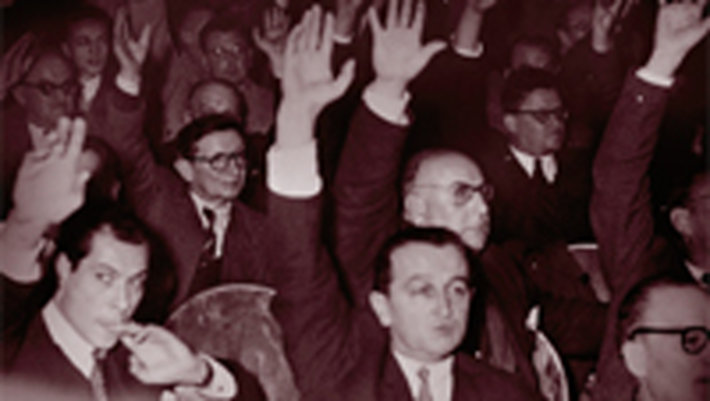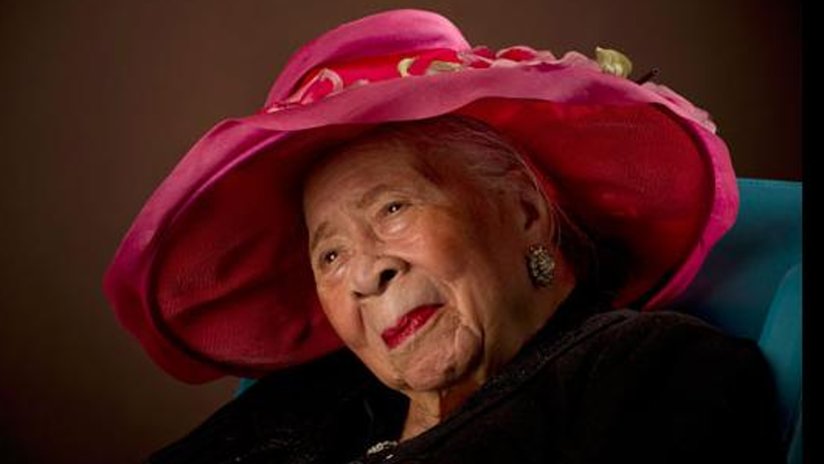
-
HOME
-
WHAT IS STANDOur Mission Our Values Our Help Contact
-
WHAT WE FIGHT FORReligious Freedom Religious Literacy Equality & Human Rights Inclusion & Respect Free Speech Responsible Journalism Corporate Accountability
-
RESOURCESExpert Studies Landmark Decisions White Papers FAQs David Miscavige Religious Freedom Resource Center Freedom of Religion & Human Rights Topic Index Priest-Penitent Privilege Islamophobia
-
HATE MONITORBiased Media Propagandists Hatemongers False Experts Hate Monitor Blog
-
NEWSROOMNews Media Watch Videos Blog
-
TAKE ACTIONCombat Hate & Discrimination Champion Freedom of Religion Demand Accountability
In Their Own Image: Psychiatry’s Attack on Religion
A decade ago, the Royal Society of Medicine posited that psychiatry had become “the new religion,” replacing priests with psychiatrists, confessionals with clinics, and prayers with pharmaceuticals.
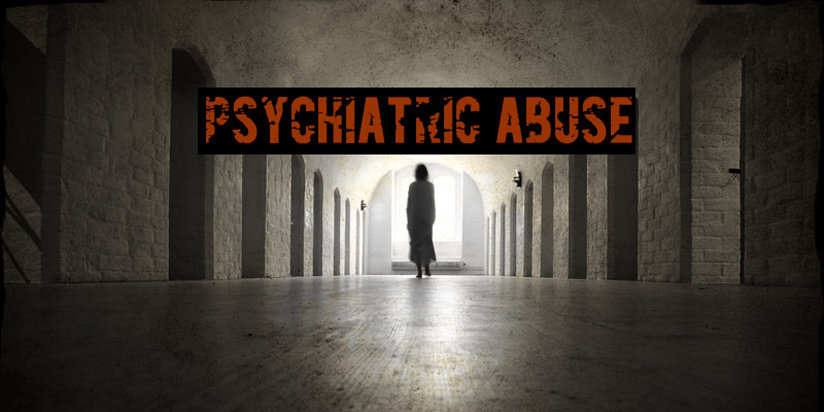
The article concludes that psychiatry is aping religion and is on its way to supplant religion, as Karl Marx said, in becoming “the opium of the people.” And while Americans sleep in on the Sabbath and their children take psychoactive medications, religion is barred from public school but mental health screenings and evaluations are increasingly common and even mandated. And when someone on psychiatric medication shoots schoolchildren in their classrooms, psychologists and psychiatrists flood in eager to minister. They find the Diagnostic and Statistical Manual their scripture’s lucrative billing code, and place their pharmaceutical host upon the tongues of the afflicted.

This shift is not merely the result of scientific progress or the march of time moving ever further from the founding scriptures of most major religions. The shift from religion to psychiatry is no accident, but a plan carefully orchestrated in the confusion of two great World Wars.
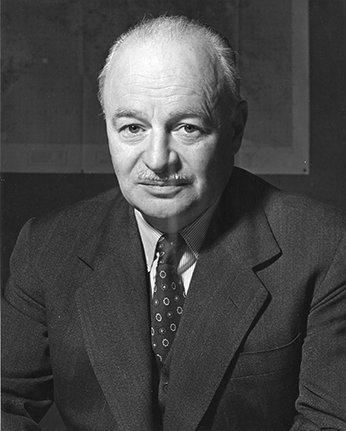
In the 1940s, psychiatrists J.R. Rees and G. Brock Chisholm, cofounders of the World Federation for Mental Health, outlined their plans for society. “We have made a useful attack upon a number of professions,” said Rees in 1940. “The two easiest of them naturally are the teaching profession and the Church.”
“To achieve world government,” said Chisholm, “it is necessary to remove from the minds of men their individualism, loyalty to family traditions, national patriotism, and religious dogmas.”
World War II was a godsend for psychiatrists who—through the armed forces—began to insinuate themselves into government. Rees was appointed to the British War Office and by the end of the war was training the U.S. Office of Strategic Services—which later became the CIA—in psychological warfare.
G. Brock Chisholm—who saw individualism, family loyalty, patriotism and religion as obstacles to psychiatric heaven—was appointed to the Canadian Army’s most senior medical position, the director general of medical services. And once entrenched in government and allied with the huge pharmaceutical industry, psychiatry spread.
Such a massive change—from Man the child of God, to Man the animal—does not occur without repercussions. One’s stability is shaken in such a change, and the supplanting of religion by a so-called “mental health” world view—in which everyone is supposedly mentally unhealthy and in need of psychiatric ministrations—goes much deeper and is much more profound in its confusions.

With unbounded arrogance, psychiatrists began to redefine humanity in their own image as flawed and morally vacant animals, needing drugs, electric shocks, incarceration, rewards and penalties to make them obey and cooperate. According to psychiatry’s world view, man is not body, mind and spirit. Man is body and mind only and, according to the canons of the profession, the body is the purview of medicine and the mind belongs to the psychiatrist.
In this new psychiatric order, you are not a spiritual entity but a collection of stimulus-response programs running a body through neurons moderated by environmental conditioning and genetic inheritance. By that same reckoning, there is no spirit, no higher power, no innate ethical sense, no right and wrong. God is not only dead, you—the being, soul or spirit—do not exist.
By that same reckoning, a company's intelligence resides in its telephone system, a video game runs without players, and great acts of charity and compassion are merely conditioned responses to environmental stimuli in hopes of reward. If you love to help others it’s because at some time in the past, you got a treat each time you did. If this sounds like dog training, you’re tuning in to psychiatric reality.
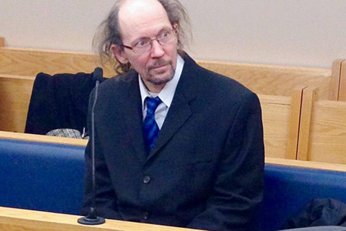
You have no responsibility for your condition or actions. If you kill someone, you are innocent by reason of insanity. There is no good or evil, only chemicals, genetic endowment and the pressures of the environment. Instead of the body and blood of the divine, communion is provided by the now $1 trillion pharmaceutical industry. But unlike oil on troubled waters, the more psychiatry spreads, the more chaos and addiction it brings in the name of its holy of holies: profit and control.
Psychiatry has done much to undermine religious faith. Freud thought God a delusion, a sort of crutch for the weak-minded. He thought cocaine worked better. And while psychiatry usually avoids a direct attack on religious faith, it has consistently sought to erode it. For example, the Diagnostic and Statistical Manual V helpfully guides the practitioner in differentiating between religious belief and “psychopathology” as if psychiatrists had the knowledge or authority to do so.
To bring order to a confusion, one needs a stable datum, a principle around which life can be brought into focus. The Constitution, the Bill of Rights and the Universal Declaration of Human Rights are examples. When an existing stable datum is invalidated, confusion returns. For millennia, even the most primitive of humans believed in a higher power, and in Mankind's connection to that higher power.
Psychiatry pretends to have answers, but deals exclusively in degradation. Man’s best hope is in religion and the recognition of our spiritual nature.
In invalidating religion and attempting to replace the stable datum that “Man is a spiritual being” with “Man is an animal,” psychiatry invalidated a stable datum that travels far down the time line of Man. And so now, with hydrogen bombs in unstable hands, and populations full of psychiatric medications that create aggression, suicidal ideation and murder, the stage is set for the ultimate confusion: the extinction of the entire human race.
Psychiatry pretends to have answers, but deals exclusively in degradation. Man’s best hope is in religion and the recognition of our spiritual nature.
Today, while religions are learning to live and work together, psychiatry has attempted to attack faith and wrest from Man his most basic and profound spiritual nature. Who hasn't looked around and wondered, “What is this all about?”
To the psychiatrist it is as Macbeth said: “Life’s but a walking shadow, a poor player that struts and frets his hour upon the stage and then is heard no more. It is a tale told by an idiot, full of sound and fury, signifying nothing.”
Each religious faith has an answer to the questions of life. In my faith of Scientology, I particularly love this quote from our Founder, L. Ron Hubbard:
“You are a spirit. You are your own soul. You are not mortal. You can be free.”






